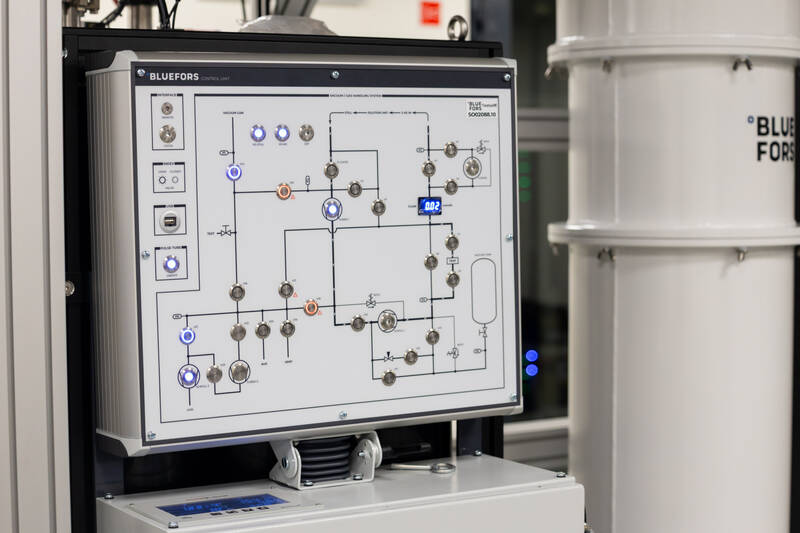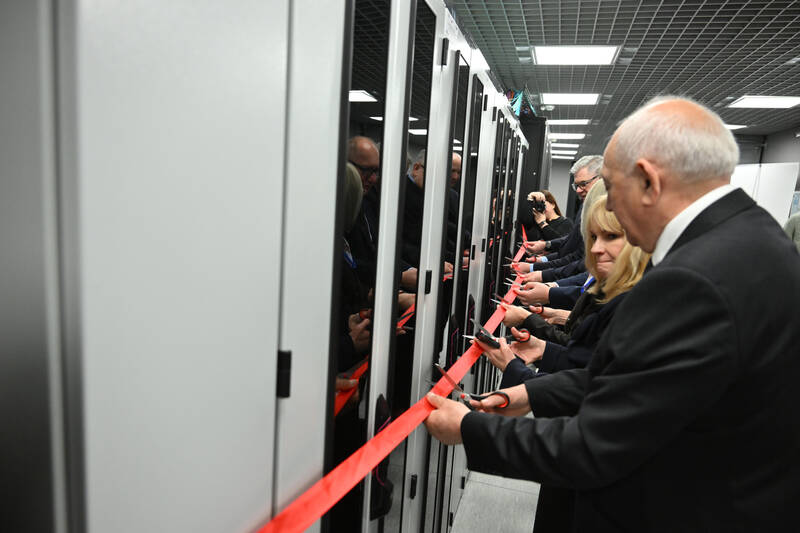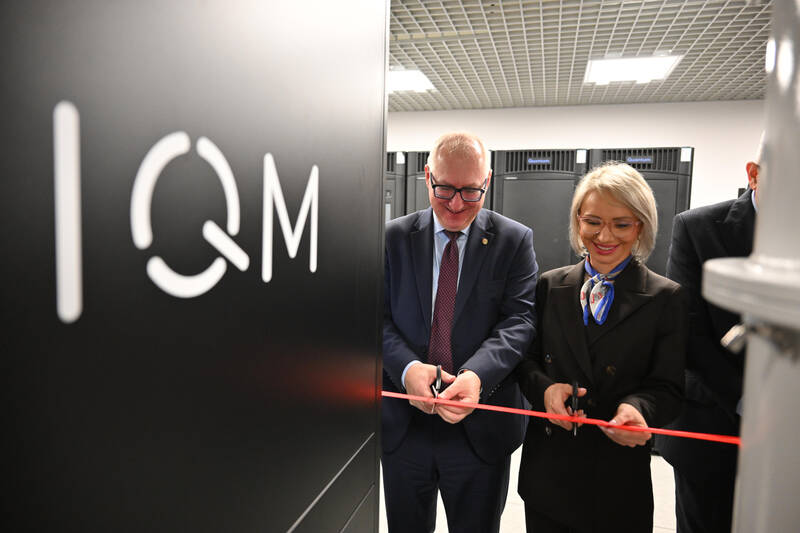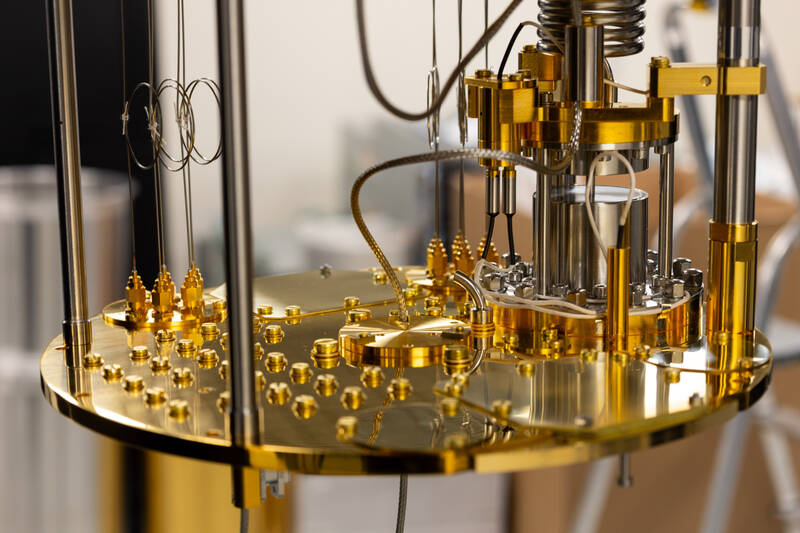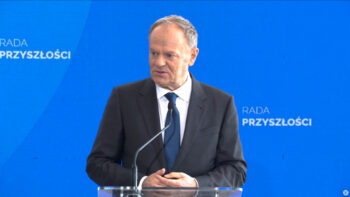Wrocław was the first in Poland and Central and Eastern Europe to launch a quantum computer based on superconducting cubit technology. The ‘Odra 5’ machine stood at the Wrocław University of Technology, and although its capabilities – five cubits – may seem symbolic, the event has significance beyond science. It is a step towards building national competence in an area that could define the next decades of computing technology development.
IQM Quantum Computers, a Finnish company that specialises in local, full-featured quantum computers for scientific institutions, is responsible for delivering the system. The Wrocław-based unit, the Spark model, has been tailored to work in an academic environment, and its greatest value may not be in its computing power alone, but in its educational and research potential.
Infrastructure is only just being built, but ambitions are high
The project is part of the wider context of the activities of the Wrocław Centre for Networking and Supercomputing (WCSS), which is celebrating its 30th anniversary this year. It is here that the Lem supercomputer, one of the fastest in Poland, also operates. The combination of the two machines – classical and quantum – lays the foundations for an environment of hybrid computing that can find applications in fields such as weather modelling, supply chain optimisation, molecular simulations or the training of large language models.
The installation of ‘Odra 5’ is also an expression of Poland’s growing role in the European breakthrough technology research ecosystem. Although the five cubits are at an educational and experimental level, the Wrocław University of Technology has also been given remote access to much more advanced IQM units – 20- and 50-cubits – which opens the door to more serious analysis and international cooperation.
Quantum transformation or educational curiosity?
The key question remains whether the installation of the quantum computer will become a catalyst for the development of national competences or whether it will remain a one-off project with limited impact. Success depends on how effectively the Wrocław University of Technology uses the machine in teaching and research projects, and whether a sustainable community of experts is created around it.
The declarations are ambitious: a new specialisation in quantum computing, the work of scientific circles, the integration of the system into larger research projects. However, it is worth remembering that the development of quantum technologies is not just about buying a device – it requires long-term investment in personnel, software and industrial applications. In this context, access to environments such as Qiskit and integration with the Python language is the right step that can facilitate start-up and competence building.
Education, then industry
“Odra 5” is more of a declaration than a revolution, but a declaration that is significant. It symbolically shows that Poland does not want to be just a consumer of breakthrough technologies, but also a participant in their creation. The future of quantum computers – including the quantum internet – depends largely on the scale of cooperation between science and industry. For now, we are at the education and testing stage. But it is now that the cadres are being shaped that in 10-15 years may decide who will really build the technological edge in Europe.
